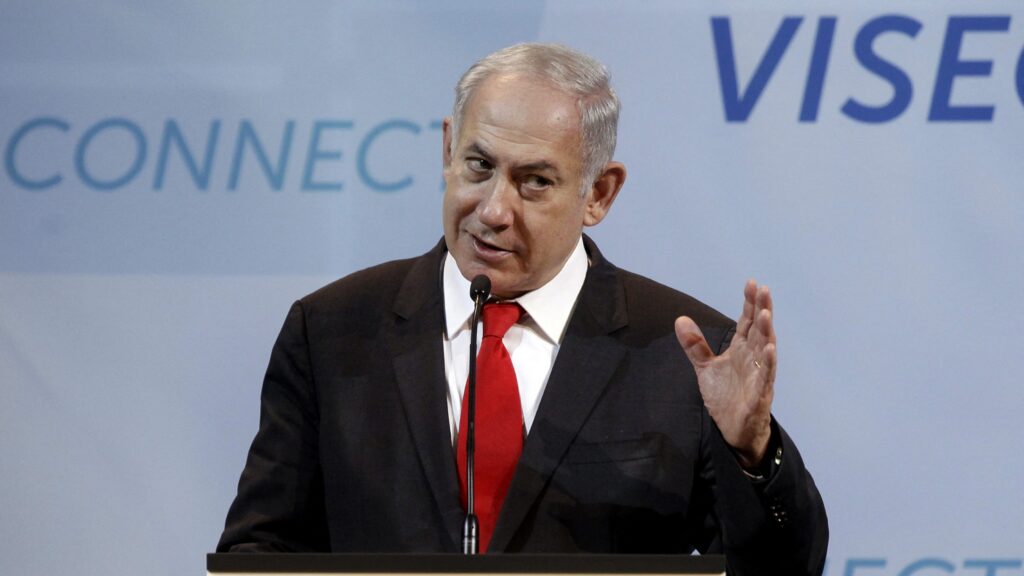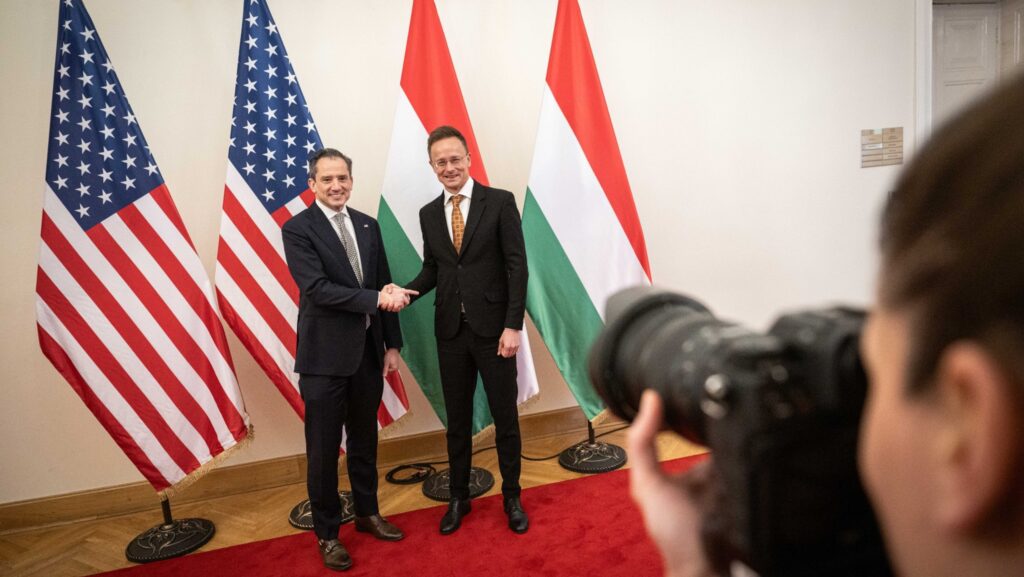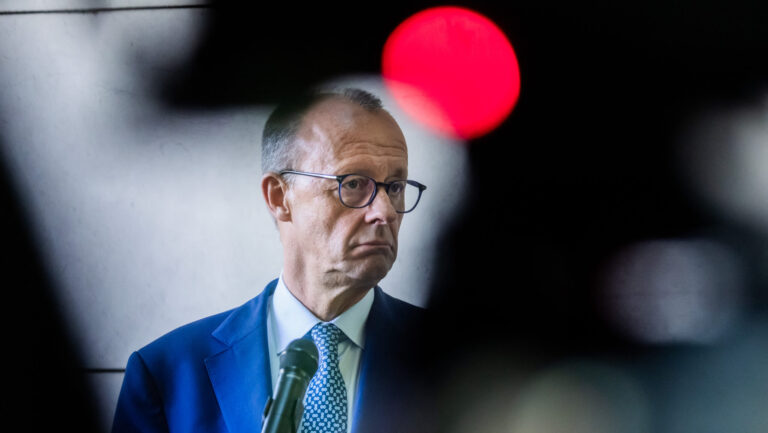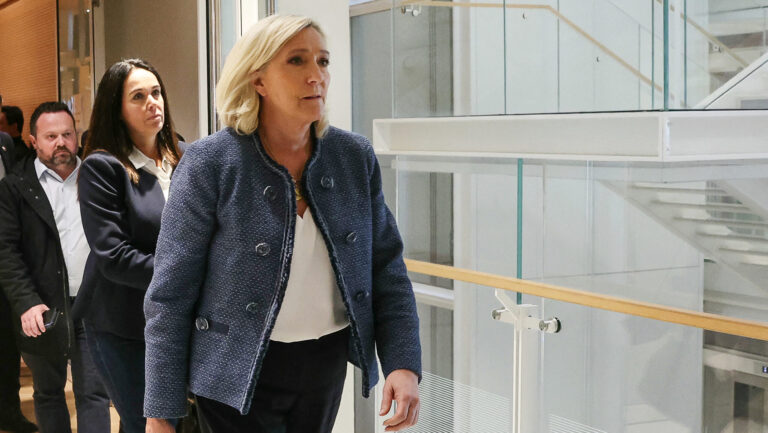Background
Hungarian Nézőpont Institute conducted a survey on the views Hungarians hold regarding energy sanctions. In March this year, the leaders of Europe agreed on a package of sanctions against Russia, however, at that point the sanctions were not extended to energy supplies yet. As time passed and the war raged on, Brussels introduced new sanctions that target the crude oil coming to Europe from Russia. Furthermore, a complete shutdown of Russian gas imports to Europe was also proposed that many countries seemed to support initially. With winter rapidly approaching, the institute thought it is imperative to know what Hungarian people think about the already existing and the possibility of new sanctions.
The Findings
The majority of those who participated in the research believe that the sanctions policies are not effective, as Europe appears to be struggling more as a result than Russia ever will. Over two-thirds (66 per cent) of respondents believe that the sanctions harm Europe more than Russia. Merely one-fifth of those asked (22 per cent) said that they do not agree with this statement.
The opinion on sanctions regarding energy are quite similar. 62 per cent agreed with the statement that ‘It would be a mistake to implement sanctions on importing Russian gas’, while 25 per cent disagreed. It comes as no surprise that most would not approve of new sanctions, as those would endanger the utility reduction measures still in force of Hungary.
Even though Hungary has recently extended the price cap on fuel, the effect of exploding oil prices is noticeable in costs elsewhere. 58 per cent of respondents said they do not agree with the sanctions on oil imports from Russia, while 27 per cent support the sanctions.
The survey also found that Hungarians are interested in the future of sanctions, whether they approve of them or not. In fact, only 12–15 per cent of those polled said they did not have an opinion or did not want to answer. The telephone survey was conducted on a representative sample of 1000 adults in September.
Past Opinions
Recently, State Secretary Tamás Menczer spoke about the proposal on the introduction of a Europe-wide price cap on Russian gas. He opined that the proposal is absurd, since Europe has no excess gas to be in a position to limit the price on Russian imports. He said that the cap would push Russia to stop supplying gas to Europe altogether, which in turn would worsen the already existing energy crisis on the continent. He also added that the Hungarian government is not willing to discuss this issue, as its goal is to preserve Hungarian jobs and enable Hungarians to heat their homes in the winter. The Nézőpont survey seems to confirm that the majority of Hungarians share the government’s standpoint.
In August, Nézőpont analyst Milán Pálfalvi also spoke about the issue in an interview with Mandiner. He said he believed the sanctions did more harm than good for member states. He added that the communication of European leaders was essentially flawed, especially with them injecting themselves in the war. He shared his view that the sanctions did not only do little to no harm to the Russian economy, but that they in fact helped it, since the Russians were able to sell massive amounts of their gas reserves elsewhere. He also underscored that thanks to the Hungarian government’s measures, the energy situation of Hungary is stable, and the supply of gas to households is secure.








